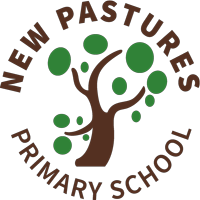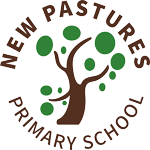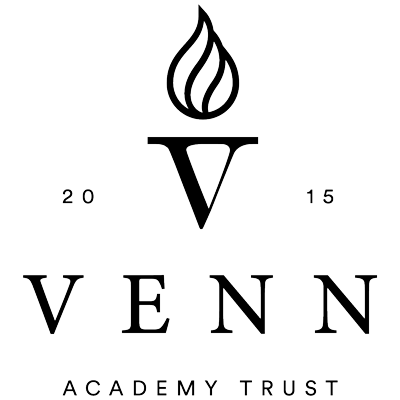Reading & phonics
Reading at New Pastures Primary School
At New Pastures Primary School, we believe that all children should be able to read a wide range of text types as a vehicle to life-long learning. We therefore teach the skills of reading from the youngest age and promote a love of reading for a multitude of purposes.
Reading underpins children’s access to the curriculum and it clearly impacts on their achievement. There is considerable research to show that children who enjoy reading and choose to read benefit not only academically, but also socially and emotionally.
What is Phonics
To be able to read, children need to be taught an efficient strategy to decode words. That strategy is phonics. It is essential that children are actively taught and supported to use phonics as the only approach to decoding and other strategies must be avoided. Phonic decoding skills must be practised until children become automatic and fluent reading is established. All of our reading books are closely matched to the graphemes your child is learning
At New Pastures, we use a highly effective approach to teaching phonics which is based on the latest research. Little Wandle is the scheme that is used from Nursery to Year 2. The progression of GPCs and tricky words that we teach term-by-term in our programme, along with support for phonics videos to show you how to pronounce the sounds, guidance on how children are taught to say sounds and how to support your child reading at home can be viewed by clicking on the link below
https://www.littlewandlelettersandsounds.org.uk/resources/for-parents/
Phonic sessions are taught daily across our Early Years Foundation Stage and Key Stage One.
Reading Mastery
Our phonic programme aims to build children’s speaking and listening skills in their own right as well as to prepare children for learning to read by developing their phonic knowledge and skills. It sets out a detailed and systematic programme for teaching phonic skills for children starting by the age of five, with the aim of them becoming fluent readers by age seven.
Application of phonics to reading
Fluent decoding is only one component of reading. Comprehension skills need to be taught to enable children to make sense of what they read, build on what they already know and give them a desire to want to read. Reading increases children’s vocabulary because they encounter words they would rarely hear or use in everyday speech. Furthermore, children who read widely and frequently also have more secure general knowledge. We use Big Cat for Letters and Sounds revised as our core reading scheme.
In addition to the daily phonics session, children in Foundation Stage Two and Year One participate in at least three reading practice sessions per week. This allows them to apply and practice the phonics knowledge they have learnt that week.




